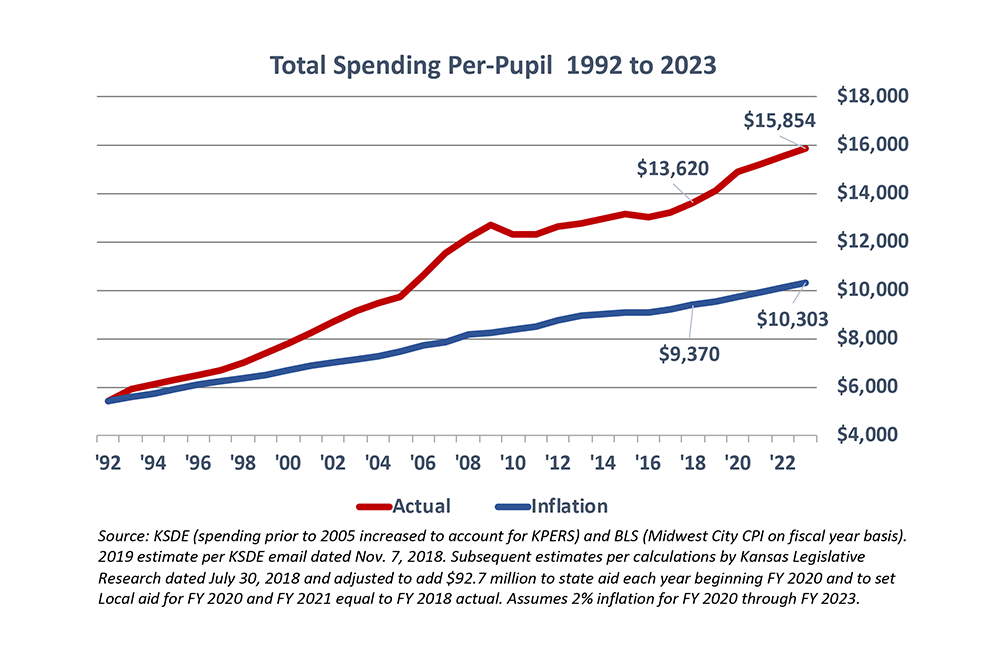The state of Kansas has made strides in providing school choice opportunity for some students, but there’s still work to be done, Wade Moore, founder and dean of Urban Prep Academy, told a crowd gathered in the Kansas State Capitol Thursday.
More than 200 students, parents, and lawmakers listened to what Moore called a “rumble in the rotunda,” a rally in support of school choice. Students and parents from Urban Prep Academy, which serves primarily low-income and minority students in Wichita, were joined by peers and educators from private schools across the state, including Holy Savior Catholic School, Northfield School, Bishop Ward High School, and Christ the Savior Catholic School in Kansas City, Kansas. The rally was part of School Choice Week, and hundreds rallied in state capitols around the nation.

In a boisterous speech in Topeka, Moore said the parents of private, parochial, home and charter school students care about their children’s education. He and a host of other speakers bemoaned the public school monopoly that continuously demands more and more state funding.
“We educate children at one-third or less than what they’re receiving for each public school student,” Moore said. “We’re good stewards.”
Moore commended Kansas’s Tax Credit for Low Income Students Scholarship Program that helps provide tuition assistance for private schools. The program allows individuals and corporations to donate money to a scholarship-granting organization and receive a 70 percent state income tax credit. The money–about $5 million since 2016–is used as scholarships for low income students to attend private and charter schools.
Three students, beneficiaries of scholarships, told the crowd how the opportunities to receive a private education was improving their lives. One elementary school student related her experience transferring from a public school to Urban Prep Academy.
“The reason I like my school is that I can be myself there,” she said.
Ideally, Moore said, we want total education choice in the state of Kansas.
“We don’t want to stop (with the tax credit program),” Moore said. “There are families who still don’t qualify.”
Senate President Susan Wagle told the crowd school choice is not a partisan issue.
“It’s an issue that voters agree on. When you ask parents, would you like school choice? Do you want to send your child to the school of your choice to make sure they have the best opportunities, they say yes,” Wagle said. “…Democrat parents agree with Republican parents, and they want school choice. They want to provide for their children the best opportunity and the best future possible.”
Even the small tax credit program, however, has faced resistance in the legislature. In 2017, House Democrats offered school funding amendments to eliminate the program. Another proposal would have limited the private schools that could participate in the tax credit program. And it could be used as a bargaining chip again this session as lawmakers grapple with how to add court-ordered additional funding to public schools. The Kansas Supreme Court ruled in June that the nearly $900 million in new school funding lawmakers adopted last year falls short of being ‘adequate’. The ruling was the third such school funding ruling in the last two years.
James Franko, Vice President of the Kansas Policy Institute, said staggering achievement gaps remain for low income and minority students, despite the continued funding debate.
“Those things have not changed despite court cases and countless dollars we spend in the classroom or on education in general,” Franko said.



